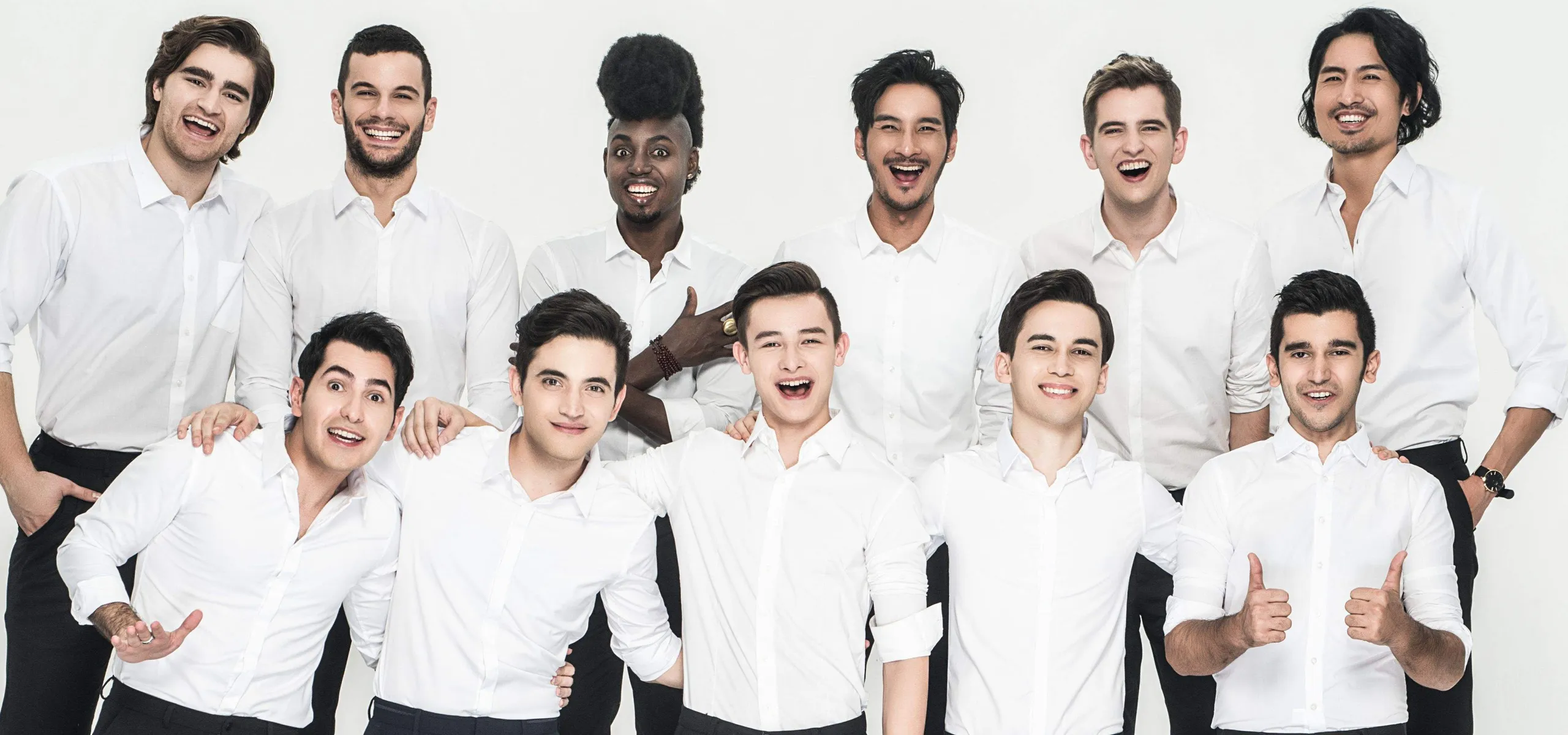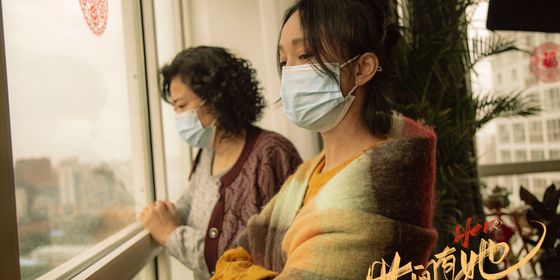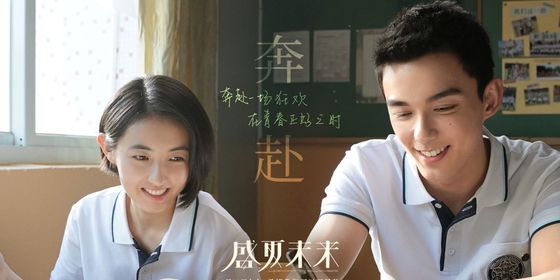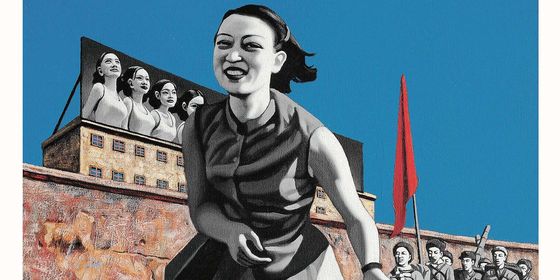Hot young foreign guys discussing current affairs in Mandarin? It’s surprisingly civil and informative
Isn’t it exciting to have 11 young guys from all over the world sit together, debating the hottest social issues in fluent Mandarin? Don’t you feel hot under the collar when they post cute photos together on social media, then sit down to tear apart stereotypes and political tensions between their respective countries on TV? If you say yes to the above, Hubei TV’s variety show Informal Talks (非正式会谈) has got you covered.
Firstly airing in April, 2015, this Chinese entertainment debate show is already in its third season. The show assembles a panel consisting of three Chinese hosts, called “Chairman (会长),” “Vice Chairman (副会长),” and “Secretary General (秘书长),” together with about 11 male “national representatives” from different countries, including the US, Britain, Russia, Australia, Iran, Japan, Egypt, Myanmar, Nigeria, and more. Sometimes a “One-Day Intern Representative” will visit from another country. All of these representatives, mostly in their 20s or 30s, sit behind a national flag around a meeting table, discussing various topics in politics, economics, and social affairs, providing different perspectives from their national and cultural backgrounds.
The show is divided into two parts. The first part is called “The Theory of Relativity of Global Culture (全球文化相对论)”, which focuses on different cultural norms in different countries. For example, in one episode, the delegates talked about their local wedding customs, including what family members’ obligations to the newlyweds and whether a guest should send cash or an actual gift to the couple. And when the theme came to the most popular sports in their home country, it was lovely to see the Argentine representative in fierce argument with the German guy over whose football team was stronger.
The second part of the show is a debate over a controversial current issue. The host will bring up a topic in the form of a yes/no question, and the representatives need to take a side and explain their position. The question could be, “I saw my friend cheat in the exam, should I report it to the teacher?” or “Is it acceptable if I overstate my abilities a little in a job interview?” These questions cover courtship, food, social etiquette, corporate culture, and many more aspects of life. The different opinions each representatives give suggest how different environments shape each person’s perspective. Of course, it’s unreasonable to claim that the entire country is represented by what one of their countrymen say on a TV show, but the producers strive for an informal atmosphere to suggest it’s more of a lighthearted discussion than a promotion of each nation’s stance.
The show provides an opportunity for Chinese viewers to learn more about other nations, and these representatives break down many stereotypes about their countries through their personalites. For example, the Iranian representative is a talkative, lively Muslim; the Japanese guy is very tall and has a casual, carefree personality. The young designer from Myanmar is fashionable, ambitious, proud and rich. And the Russian representative in Season 2 is very even-tempered, quiet, and non-drinking, in contrast with stereotypes of his country as the “fighting people (战斗民族).” These representatives also often directly address each other about the stereotypes their countries hold about one another, allowing the other representative a chance to clarify and correct the misconceptions, in attempt to help eliminate viewers’ bias against a country they are not familiar with.
Since these young expats have been on the show for so long, many of them seem to have become friends in real life. They interact with each other on social media, reveal funny stories between them in the show, and even celebrate the Christmas, the New Year, and the Spring Festival together, which make fans swoon and nickname them as “a family.”
Timely and interesting topics, smart and humorous panelists, and high production values contribute to the show’s popularity. The Season 3 has now got a score of 8.9 out of 10 on Douban. However, many also accuse it from ripping off a popular Korean talk show Non-Summit, though Hubei Television claims it’s adapted from another show of their own, The World is Different. And, we’re still holding our breath for the day when women, too, might be trusted with weighty matters like defusing stereotypes and being their countries’ current affairs representatives on TV.
Cover image from njnews.cn












